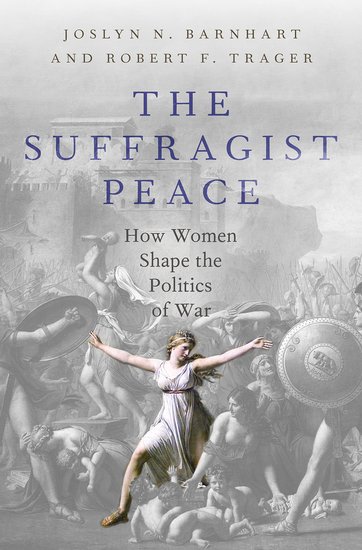Private Military Corporations have become a growing element of the warfighting landscape. States have historically had a monopoly on the use of military force. But private corporations challenge this monopoly. How much do they increase the lethality and likelihood of war? How much can private corporations be regulated? And what are the challenges to regulation? We explore the political, military, legal, and socioeconomic implications of private military corporations. [ dur: 58mins. ]
- Ori Swed is Assistant Professor in the Department of Sociology, Anthropology and Social Work at Texas Tech University. He is the editor of The Sociology of Privatized Security with Thomas Crosby. He is the author of “The Afghanistan War’s Legacy: The Reimagining of the Outsourcing of War and Security” and “No Accounting for Bad Contracting: Private Military and Security Contracts and Ineffective Regulation in Conflict Areas“
- Sorcha MacLeod is an Associate Professor at the University of Copenhagen and member of the United Nations Working Group on the use of Mercenaries. She is the author of Certifying Private Security Companies: Effectively Ensuring the Corporate Responsibility to Respect Human Rights?, Defining private security accountability and Regulating human rights in the context of outsourcing military logistics and armed security.
- Christopher Kinsey is Lecturer in the Defence Studies Department at King’s College London. He is the author of International Law and the Control of Mercenaries and Private Military Companies, Turning war into business: Private security companies and commercial opportunism and the book Corporate Soldiers and International Security: The Rise of Private Military Companies
- Anna Leander is Professor and Chair of the International Relations and Political Science Department at the Geneva Graduate Institute. She is the author of The Power to Construct International Security: On the Significance of Private Military Companies and Militarization matters: rhetorical resonances and market militarism. She is co-editor of Handbook of Private Military-Security Companies with Rita Abrahamsen.
This interview was recorded in July 2023.
This program is produced by Doug Becker, Ankine Aghassian, Maria Armoudian and Sudd Dongre.
Podcast: Play in new window | Download
Subscribe: RSS

